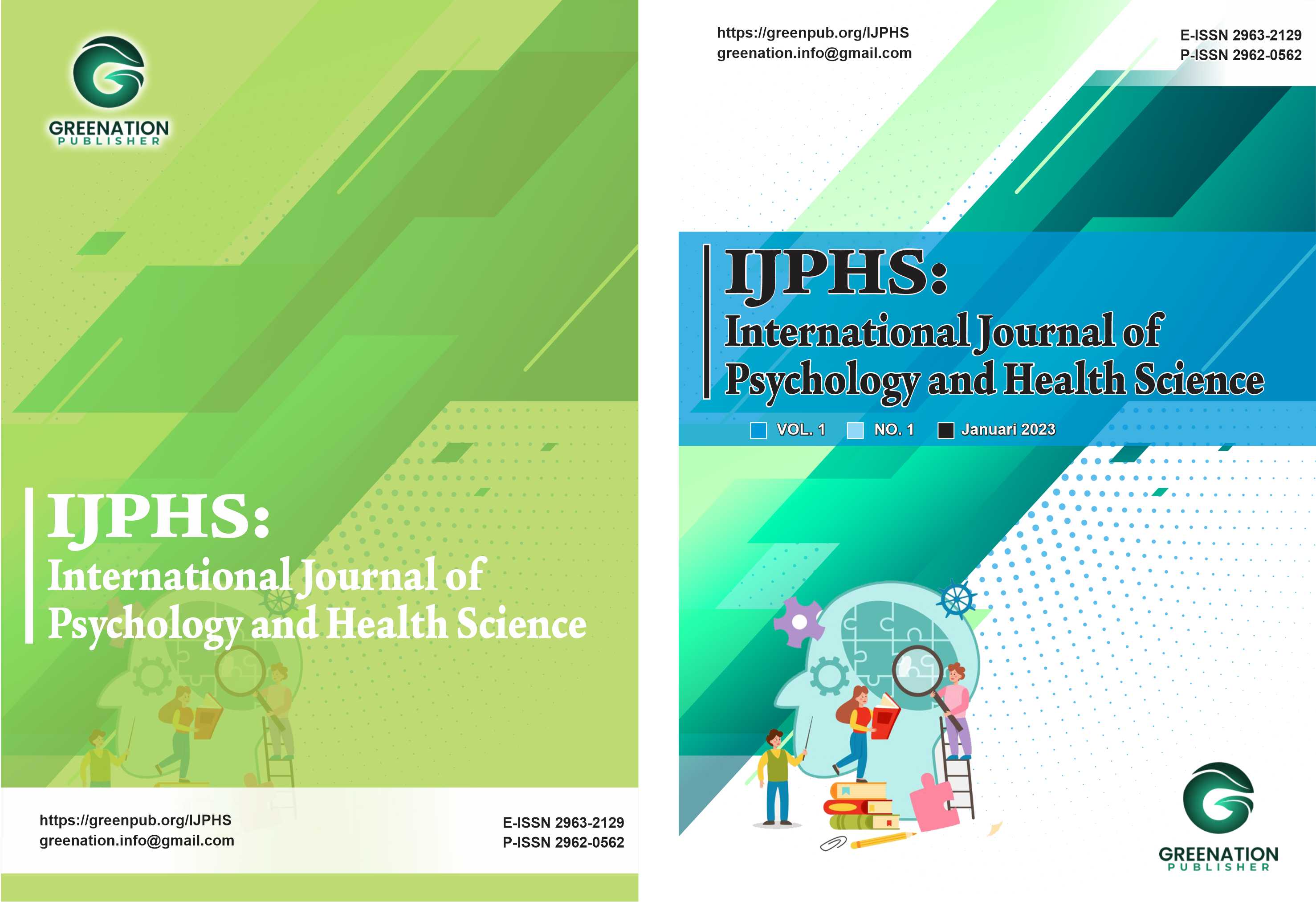The Impact of Upin and Ipin TV Series on Social Behavior Changes of 4-5 years-old Children in Bandung City
Keywords:
Social Behavior, Preschool Age, Television SeriesAbstract
The Preschool phase in a child's life is a crucial period requiring heightened supervision. The formation of a child's behavior is heavily influenced by parental, teacher, and environmental education, encompassing their daily observations. The Upin and Ipin animated film serves as a conduit for children to imbibe values like respect, affection, cooperation, appreciation for religious diversity, worship practices, and cultural understanding. This cinematic experience positively enriches children's understanding of virtuous behavior, given their natural inclination to emulate observed actions psychologically. The research aims to ascertain the influence of Upin and Ipin shows on behavioral changes and knowledge development in children. Employing a qualitative descriptive approach, the study involves children who are avid viewers of Upin and Ipin, utilizing instruments such as interviews and observations. The data analysis encompasses reduction, concluding, and verification steps. Findings reveal the Upin and Ipin animated film has a favorable impact on children, fostering behavioral transformations, enhancing their grasp of etiquette in parental interactions, and inspiring language emulation, all while fostering knowledge acquisition across various disciplines presented in the show.
References
Ardianto, Elvinaro. (2010). Metode Penelitian Untuk Public Relatios Kuantitatif Dan Kualitatif. Bandung: Simbiosa Rekatama Media.
Elkind, D. (1970). Erik Erikson’s eight ages of man. New York Times Magazine, 5, 25-27.
Herdiansyah, haris. (2010). Metodologi Penelitian Kuantitatif. Jakarta: Salemba Humanika.
Khadijah, S. (2020). Pengaruh Tayangan Konten Youtube Beauty and Grooming Terhadap Perilaku Imitasi dalam Mempercantik Diri Mahasiswi Komunikasi dan Penyiaran Islam Fakultas Ushuluddin, Adab, dan Dakwah (Doctoral dissertation, IAIN Parepare).
Rakhmat, Jalaluddin. (2005). Metode penelitian Komunikasi. Bandung: PT. Remaja Rosda Karya.
Rohayati, T. (2013). Pengembangan perilaku sosial anak usia dini. Cakrawala Dini: Jurnal Pendidikan Anak Usia Dini, 4(2)
Sugiyono. (2011). Metode penelitian kuantitatif kualitatif dan R&D, Bandung: Alfabeta.
Warini, S., Hidayat, Y. N., & Ilmi, D. (2023). Teori Belajar Sosial Dalam Pembelajaran. ANTHOR: Education and Learning Journal, 2(4), 566-576.
Downloads
Published
Issue
Section
License
Copyright (c) 2024 Sandra Meilia Azzahra, Detya Wiryany, Kartika Nuradina

This work is licensed under a Creative Commons Attribution 4.0 International License.
Authors who publish their manuscripts in this journal agree to the following conditions:
- The copyright on each article belongs to the author(s).
- The author acknowledges that the International Journal of Psycology and Healt Science (IJPHS) has the right to be the first to publish with a Creative Commons Attribution 4.0 International license (Attribution 4.0 International (CC BY 4.0).
- Authors can submit articles separately, arrange for the non-exclusive distribution of manuscripts that have been published in this journal into other versions (e.g., sent to the author's institutional repository, publication into books, etc.), by acknowledging that the manuscript has been published for the first time in the IJPHS.





















